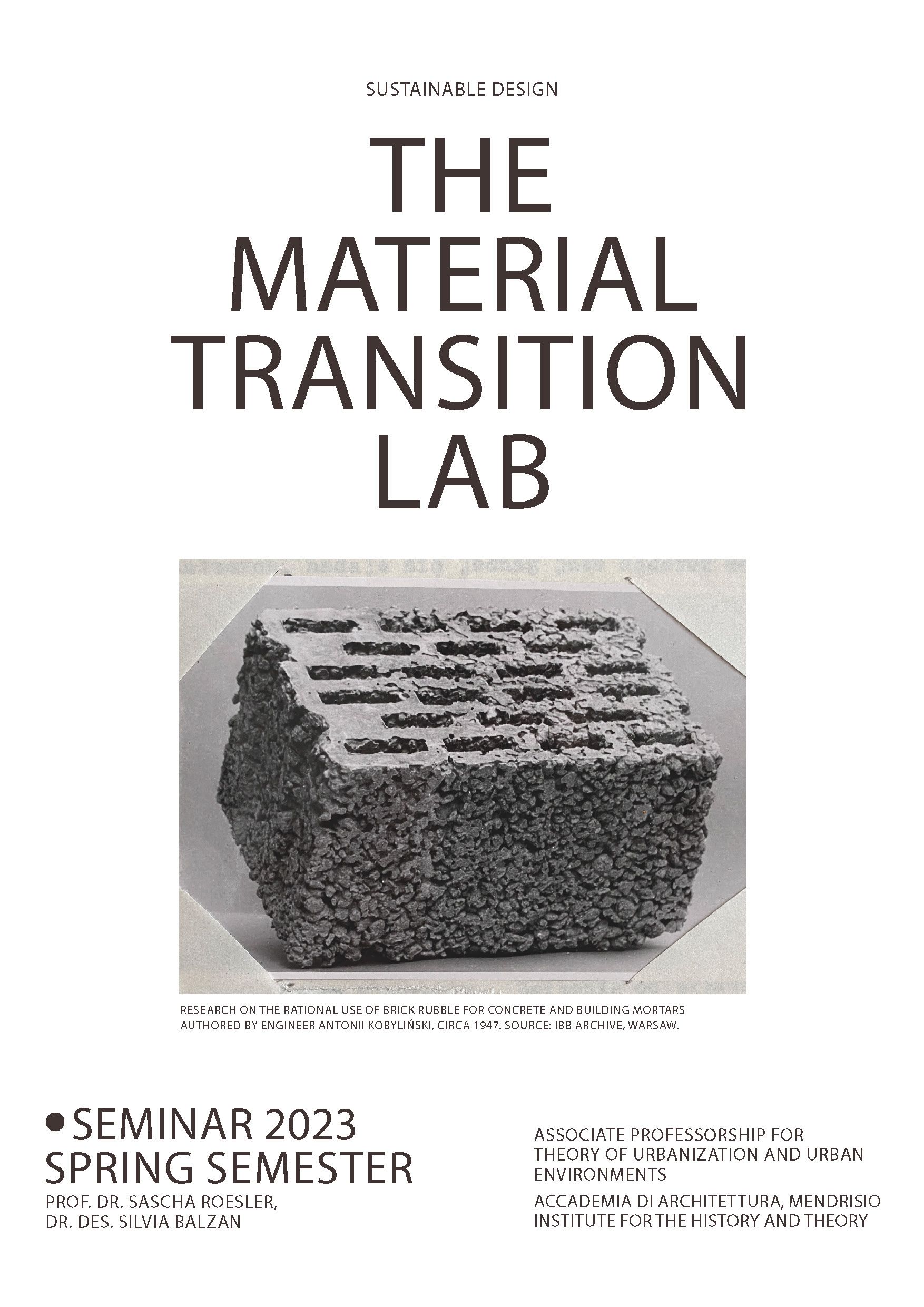
Sustainable Design – The Material Transition Lab
The Material Transitions Lab series intends to challenge sustainability within architecture pedagogy. Today's paradigm shift in building construction shall be examined by enabling students to develop an ecological perspective through an analytical and critical attitude. The five workshops conceive sustainability in architecture not as a given formula but as an ongoing set of collective sociocultural practices that students will need to actively embrace as future architects and global citizens.
Our entry point will be represented by materials most commonly employed in the construction industry. Drawing from Mark Jarzombek's article "The Quadrivium Industrial Complex" (2019), questioning the most important building materials, concrete, glass, steel, and plastic, we will intentionally shift our attention from the so-called and the often debated operational emissions of the built environment to the embodied emissions – intended as the sum of all the emissions required to produce any goods or services, considered as if that emissions were incorporated or 'embodied' in the products themselves. Mining, production, delivery, and assembly processes [the embodied emissions] of these materials have never been more extensive and cheaper than today, causing an enormous impact on a planetary scale for humans and non-humans and their possible evolution in the context of energy transition policies. Energy transition and material transition are to be understood as one and the same process.
The five workshops (plus a wrap-up session) will elaborate on different thematic threads related to the sustainable transition of the construction industry and its materials, discussing innovation and criticalities. Referring to Gottfried Semper's theory of "Stoffwechsel," material transition is intended as a symbolic and physical transfer of forms and materials to new needs. In particular, Semper's approach highlights the transregional sociocultural exchange of building construction and its materials from one culture and moment in time to the other. With the notion of material transition – translated from German "Stoffwechsel" – the workshops foreground the process of outliving and mixing architectural elements and materials of the past to develop contemporary sustainable new materials for architecture. Semper's intuition sets the stage to convey the complexity behind a holistic transition toward an ethical, sustainable construction industry. All five workshops will be centered on the theoretical and practical understanding of the often invisible consequences determined by the construction industry on an ecological and social level on humans and non-humans alike, thus informing students on the global metabolism of architecture production.
During the workshops, guests will join us to provide practitioners' and scholars' perspectives on a sustainable transition of materials combining theory and practice.
Guest Speakers:
Boeva Yana
Buser Barbara
Ferrer Carla
Hildebrand Thomas
Petersmann Johann
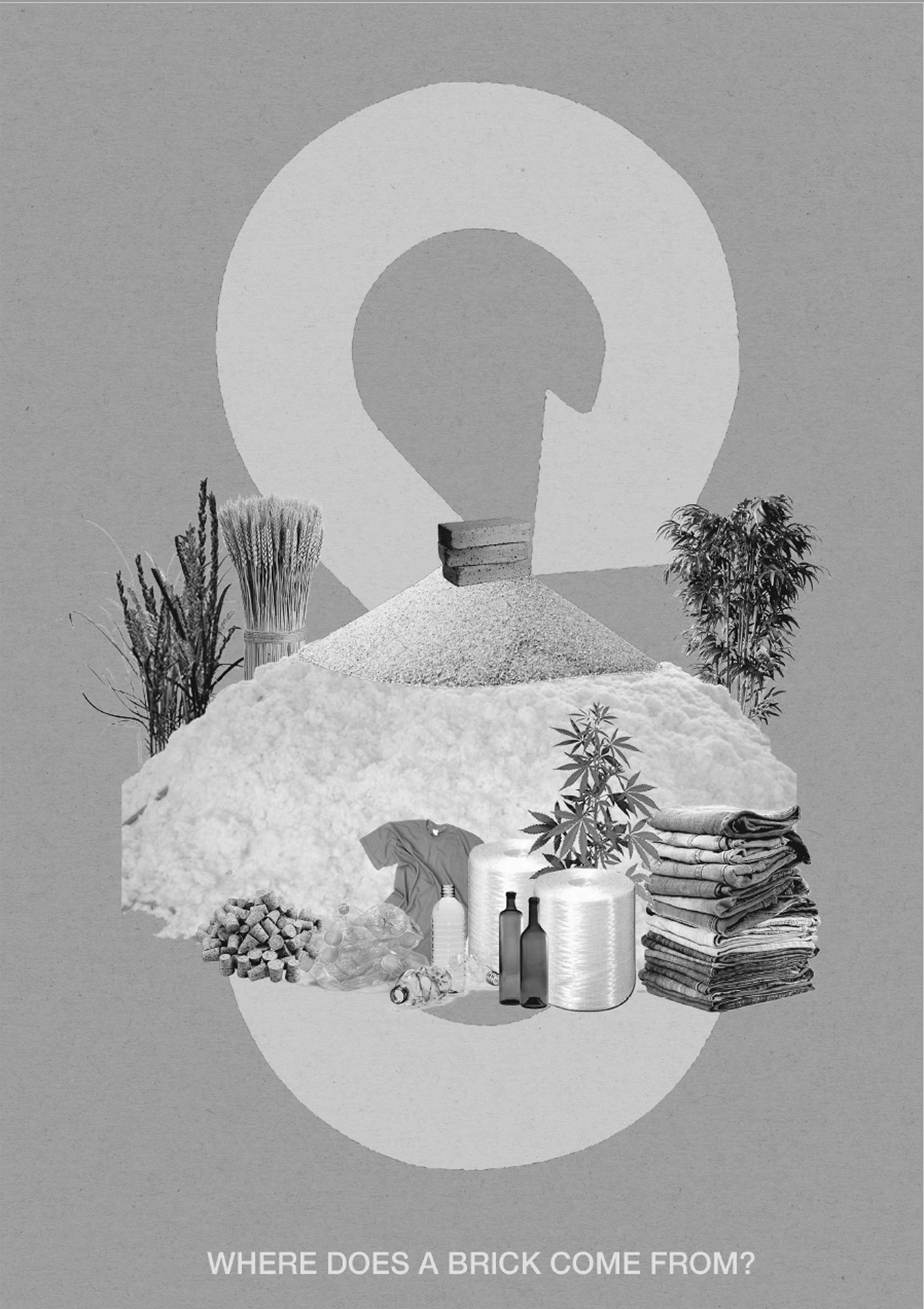
Group Members:
Riccardo Avogadro
Océane Alexandrine Brosteaux
Giovanni Campagnola
Lucrezia Casilli
Clara Della Casa
Oscar Victor Larfeuille
Chiara Vicuna Narvaez
Marisa Vocaturi
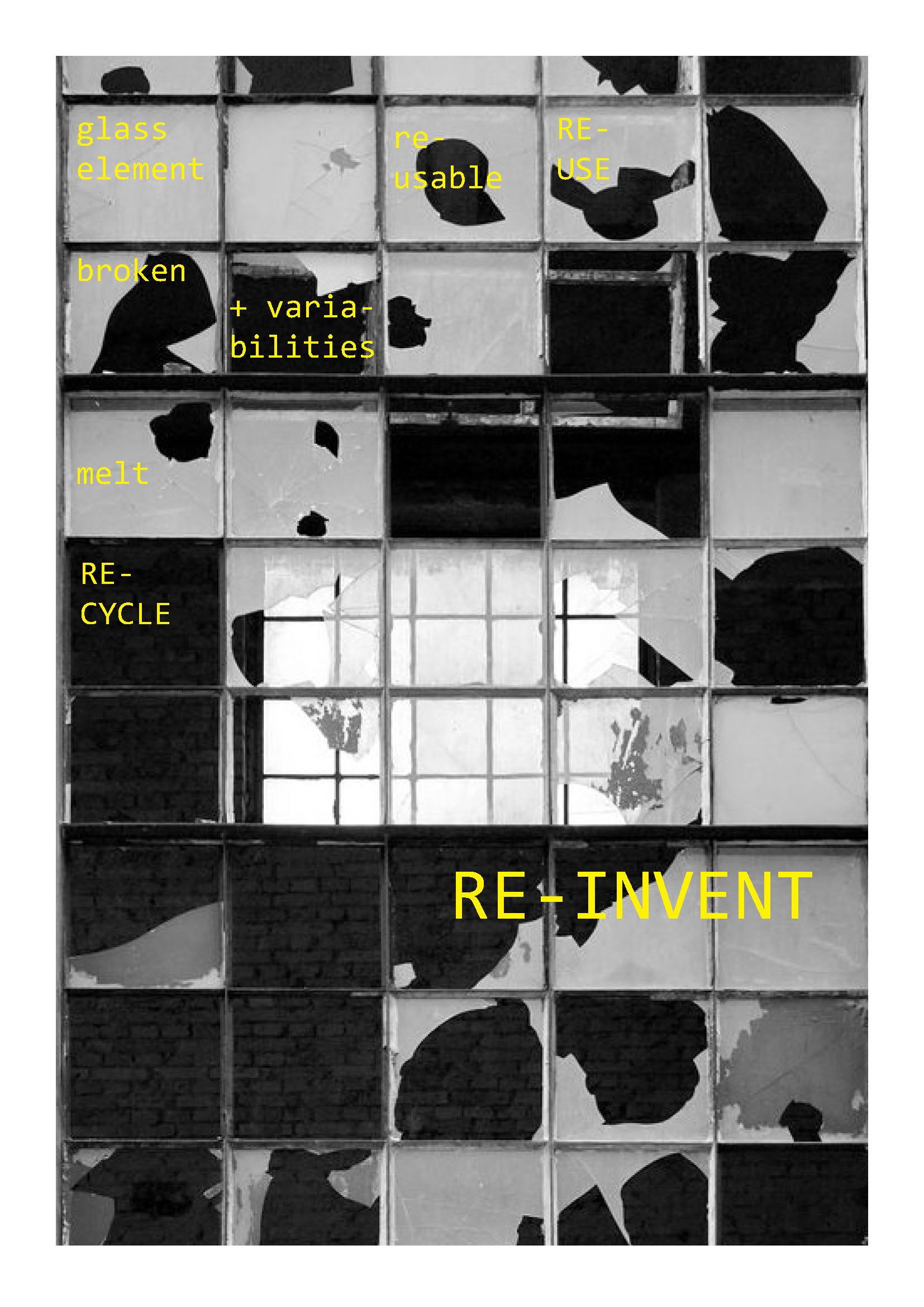
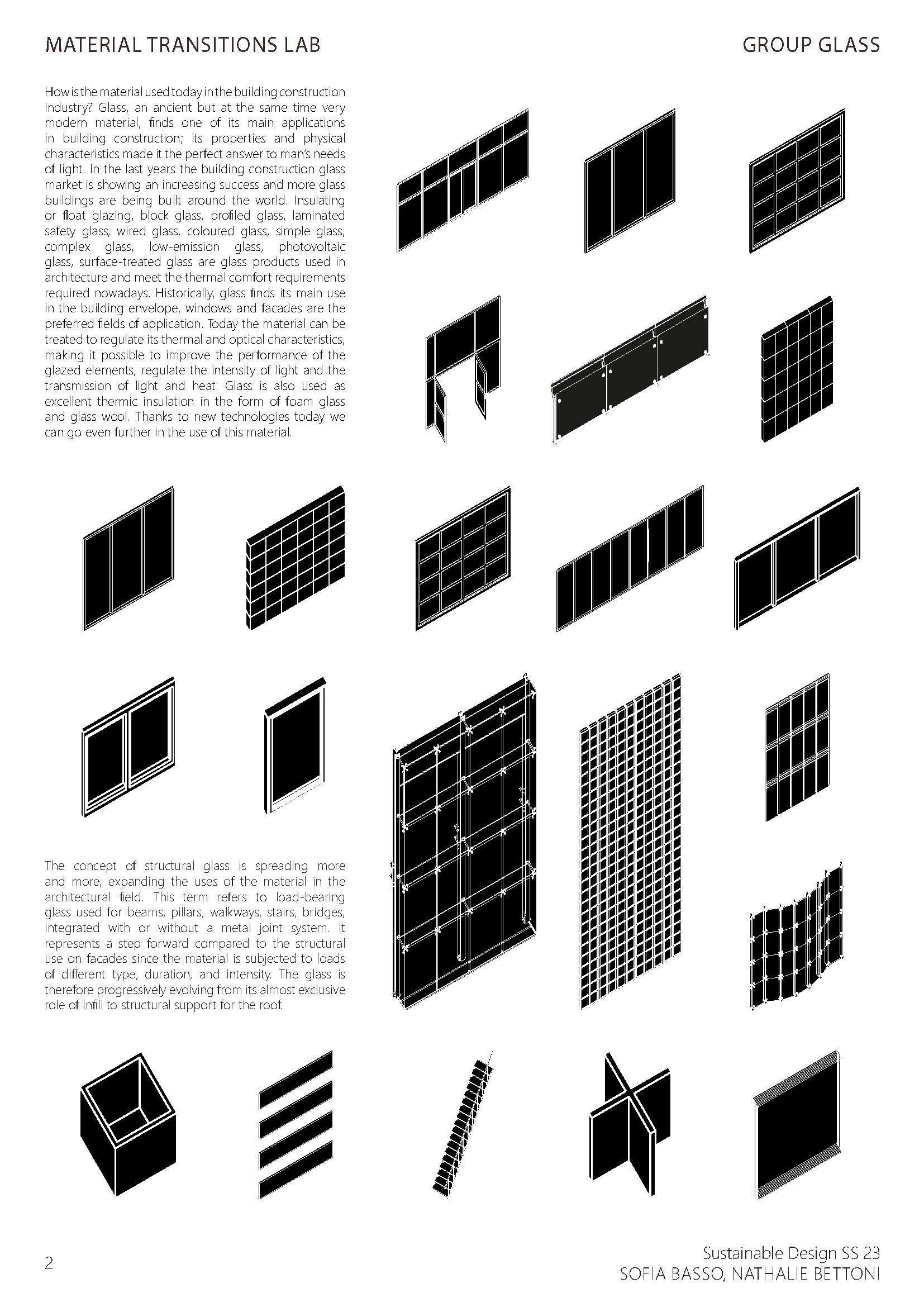
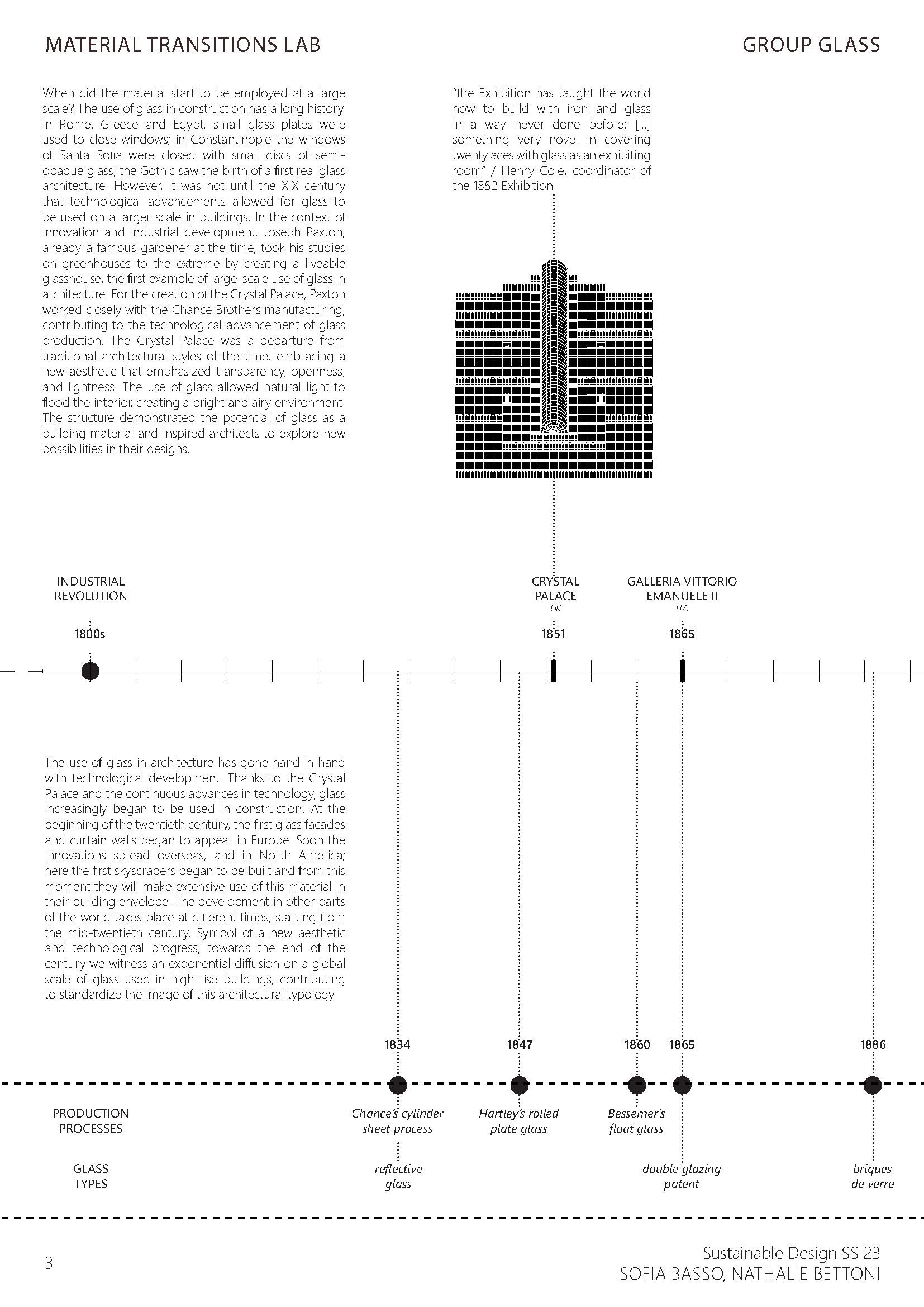
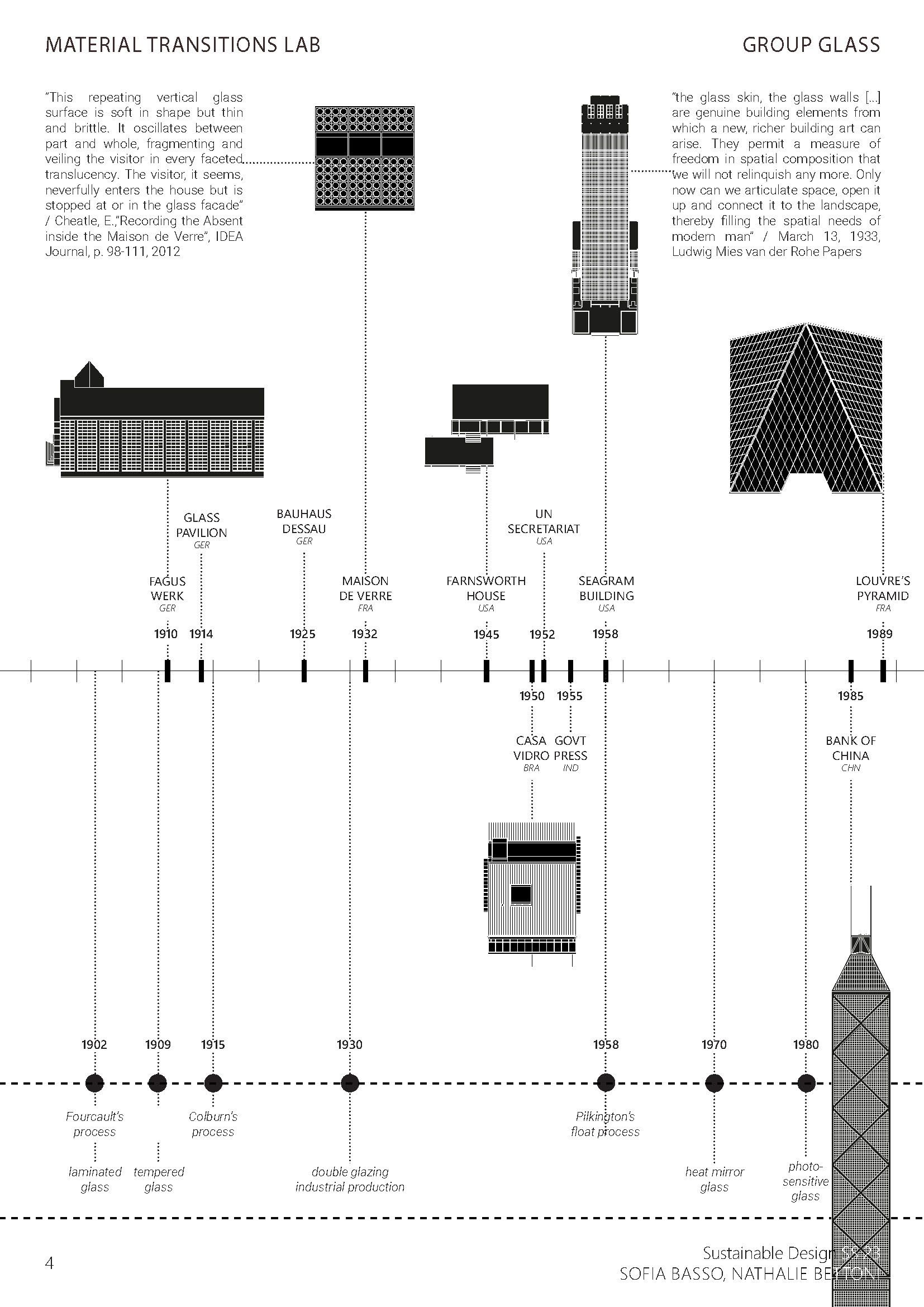
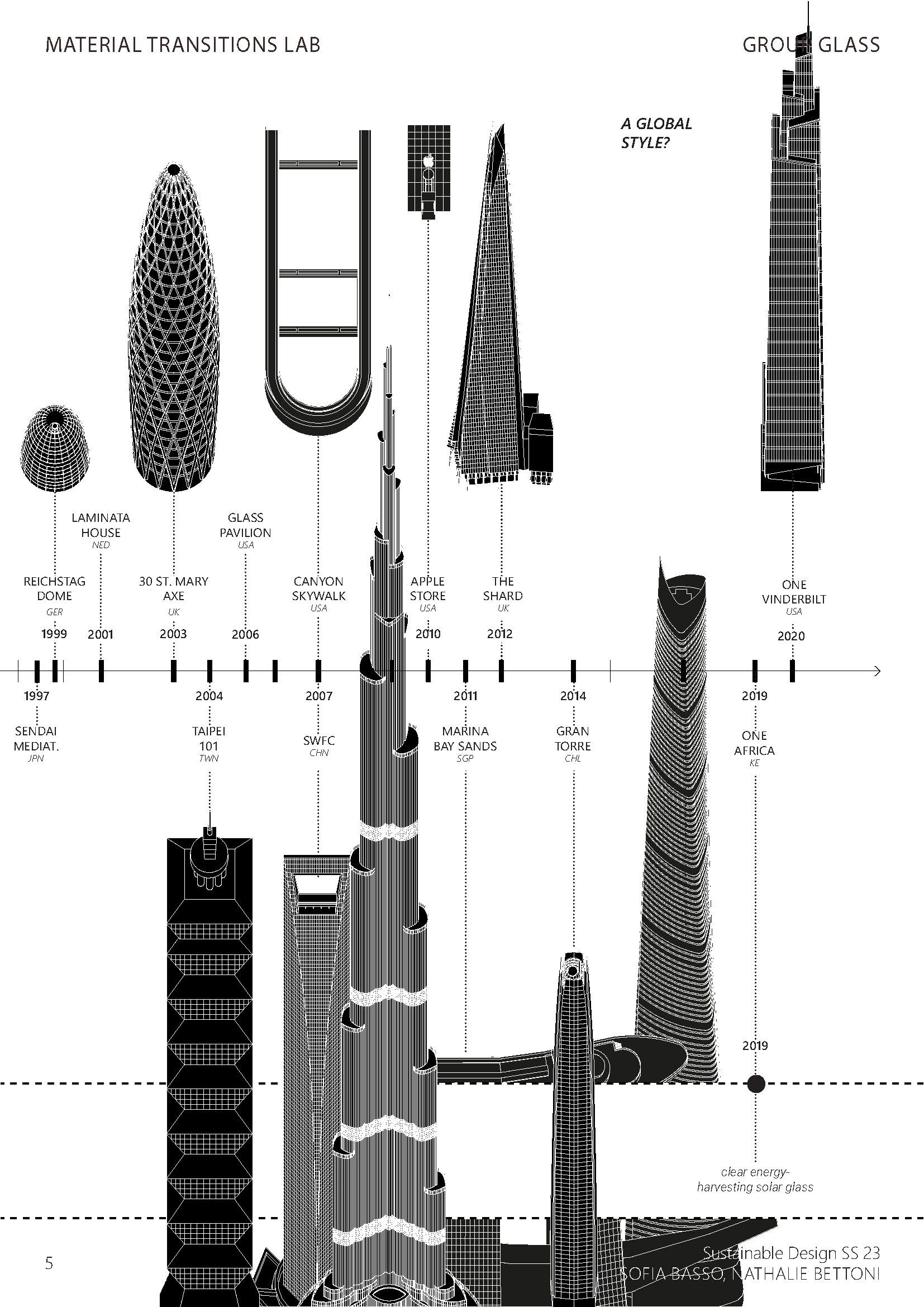
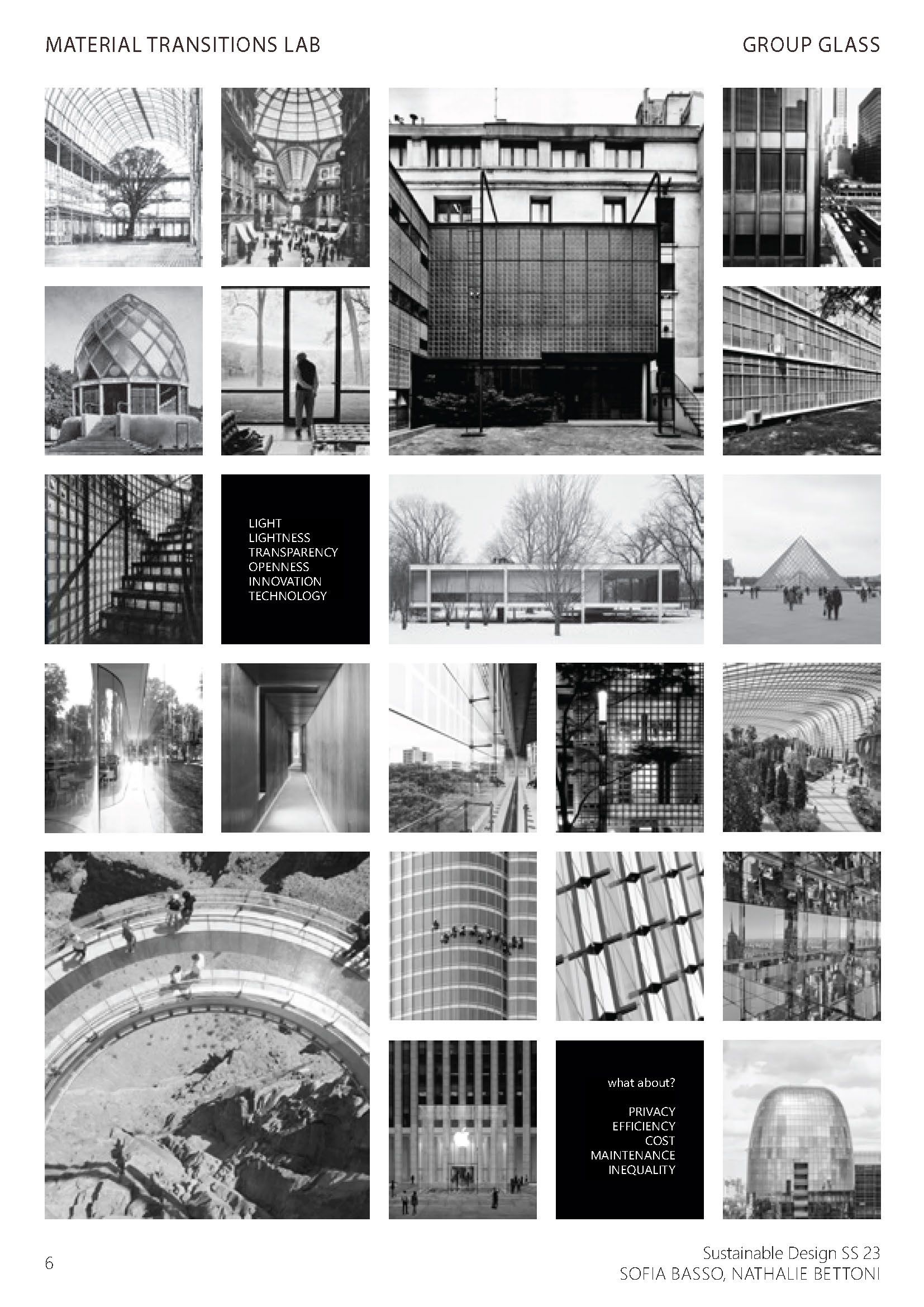
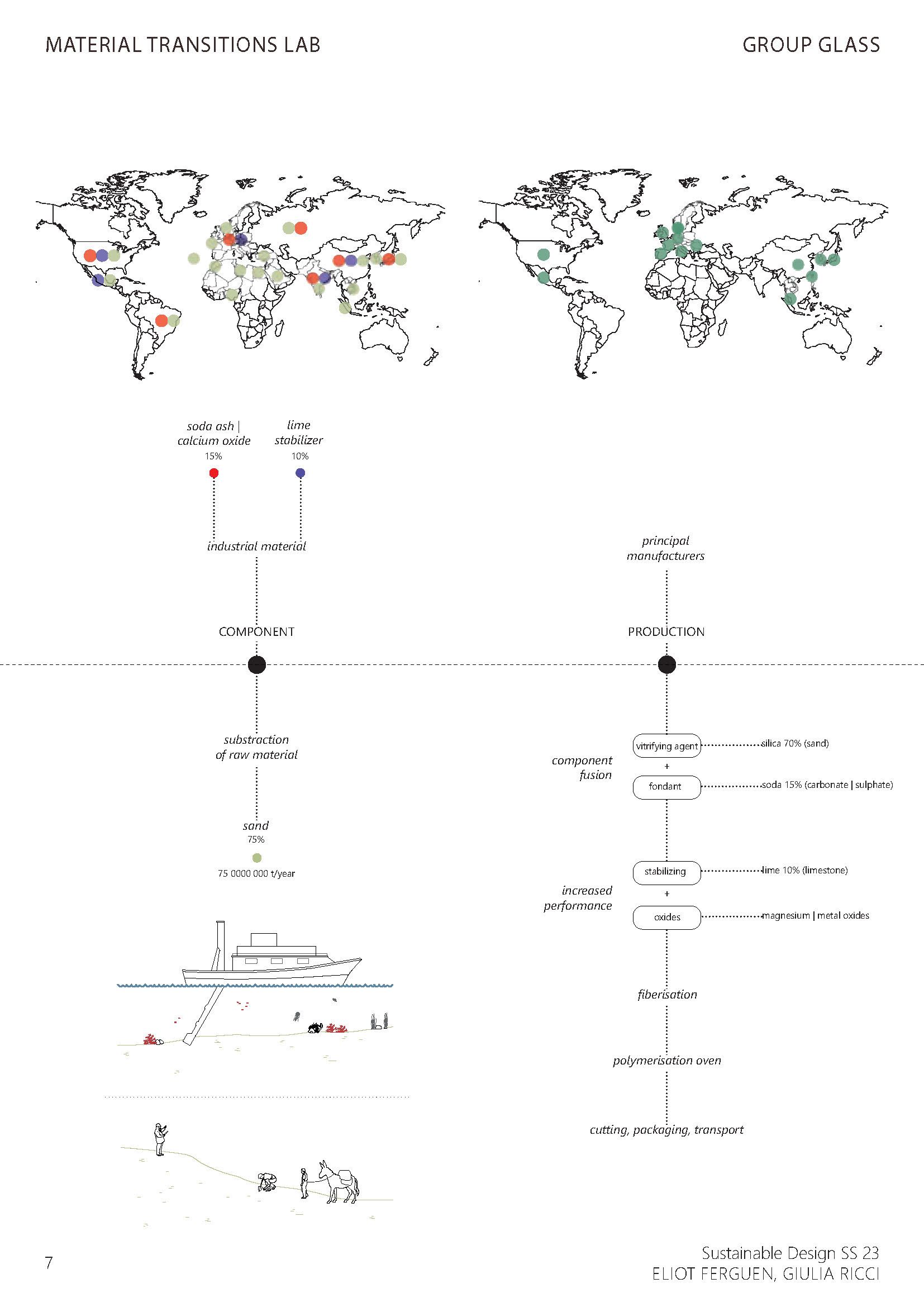
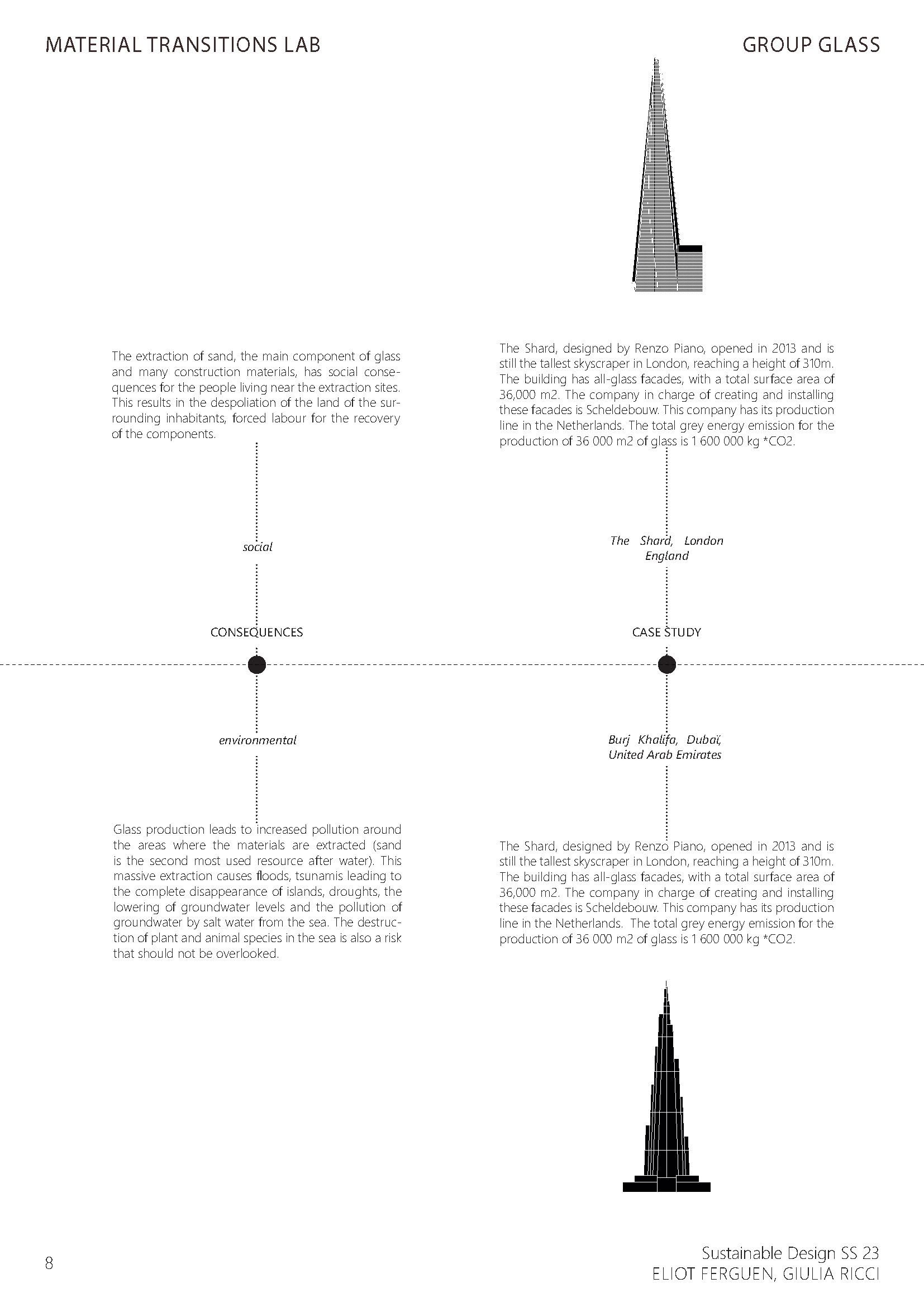
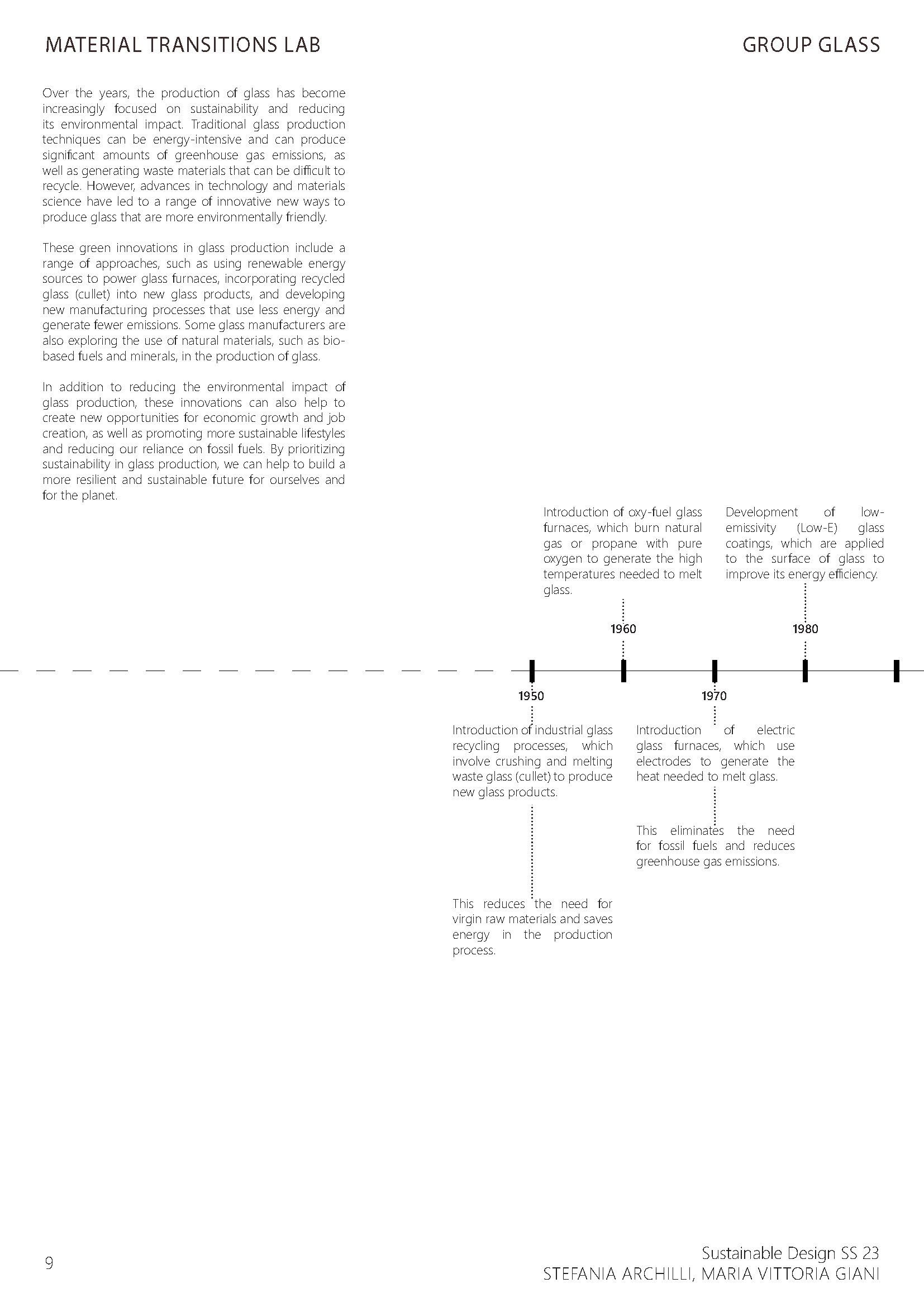
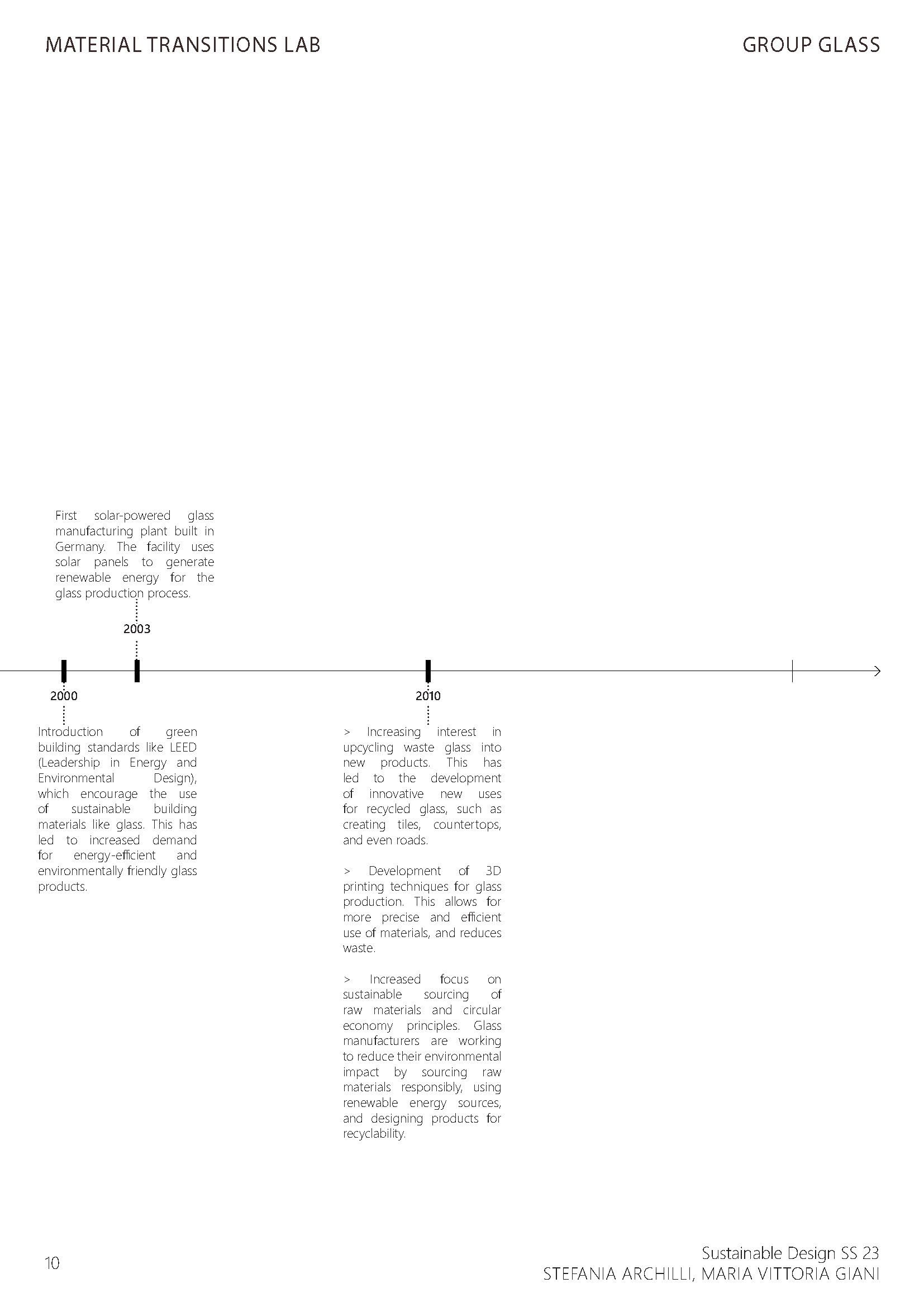
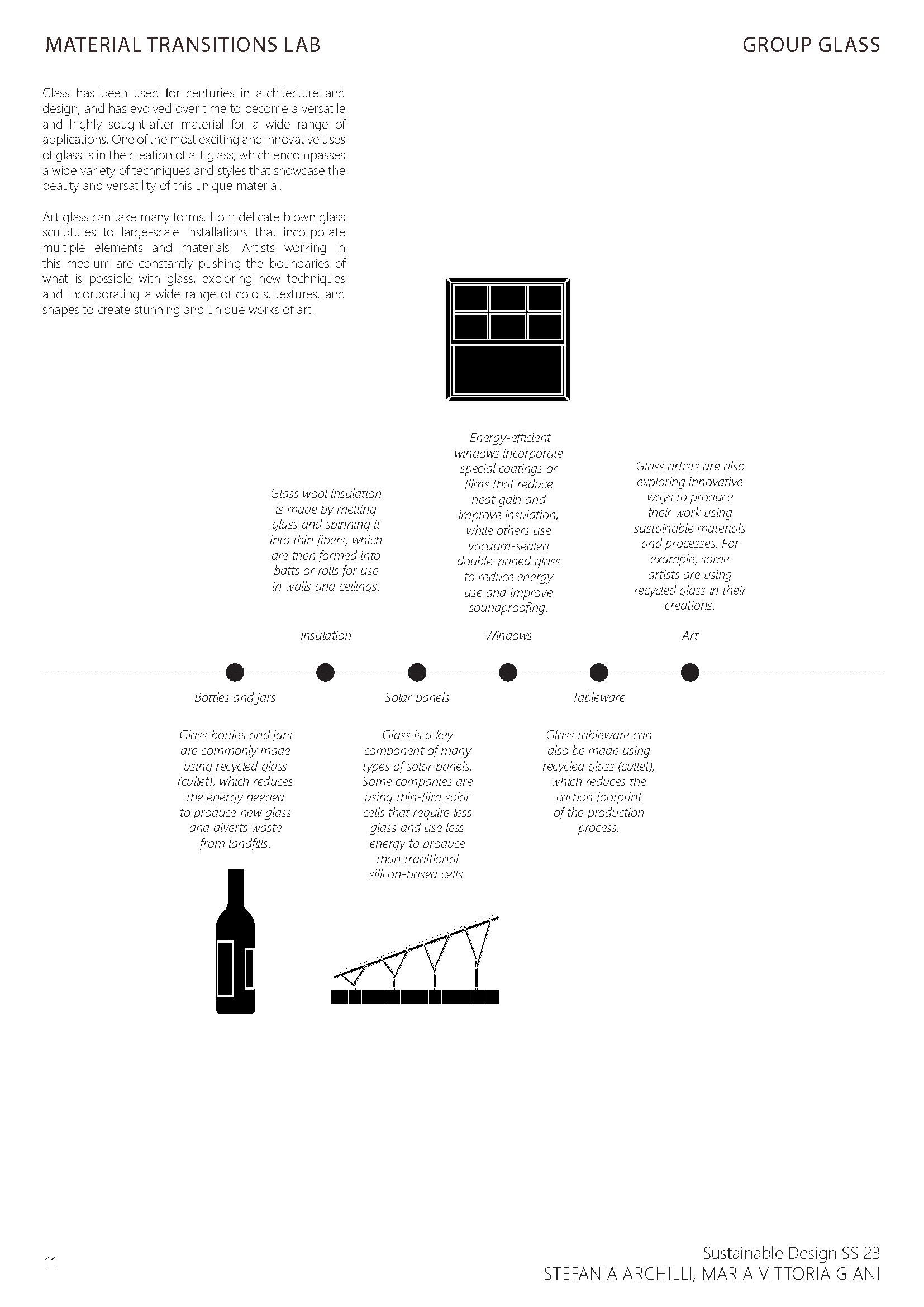
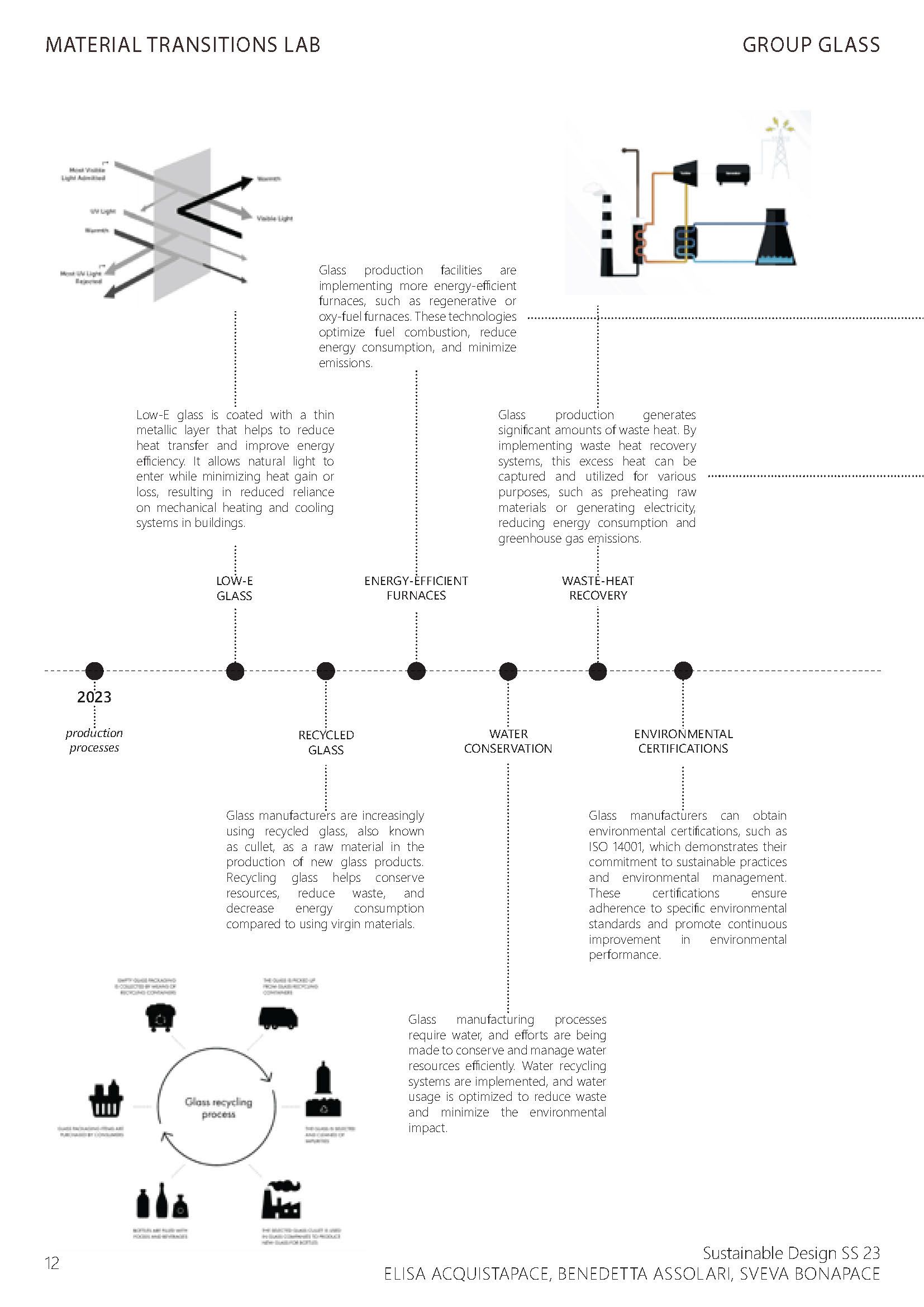
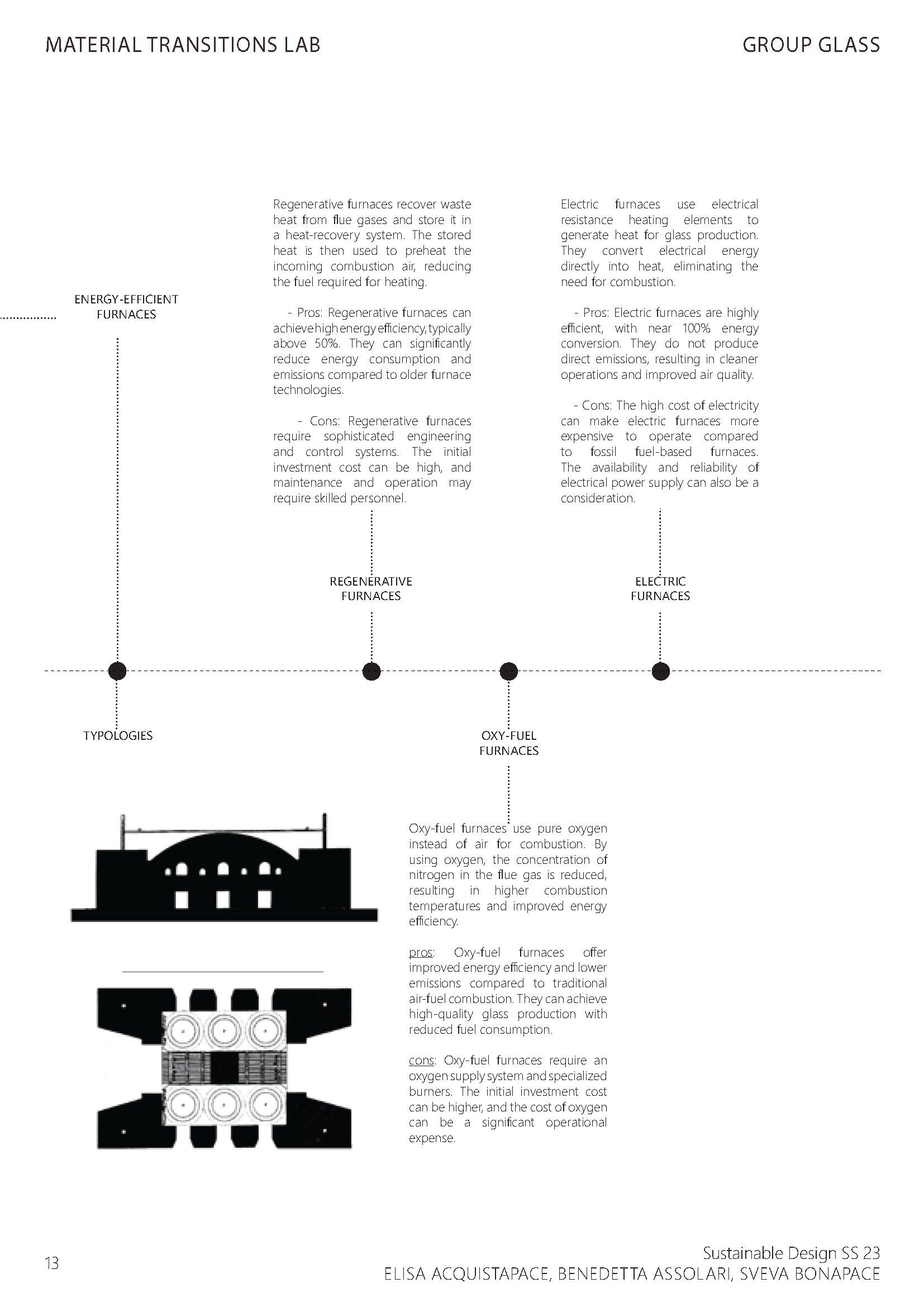
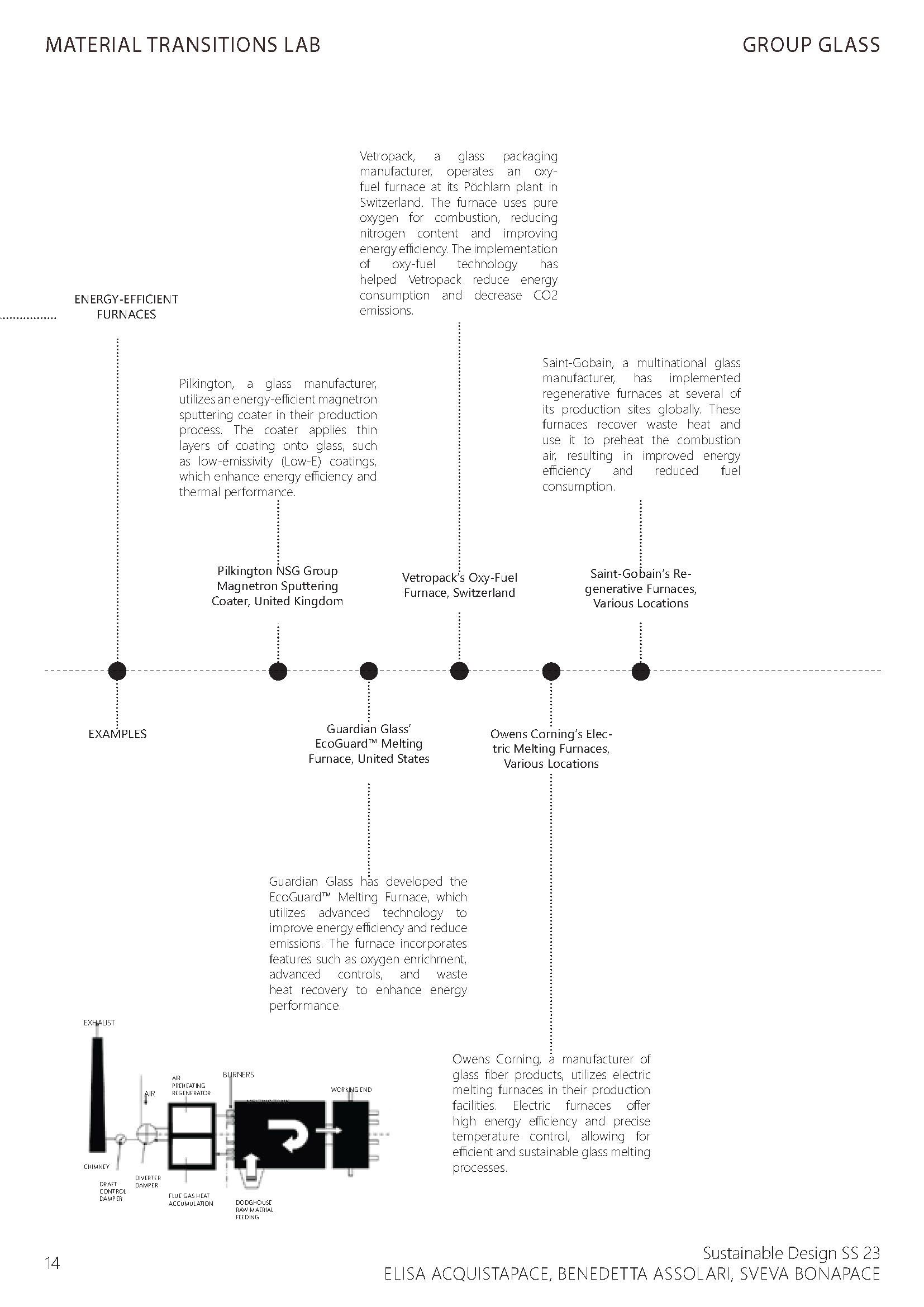
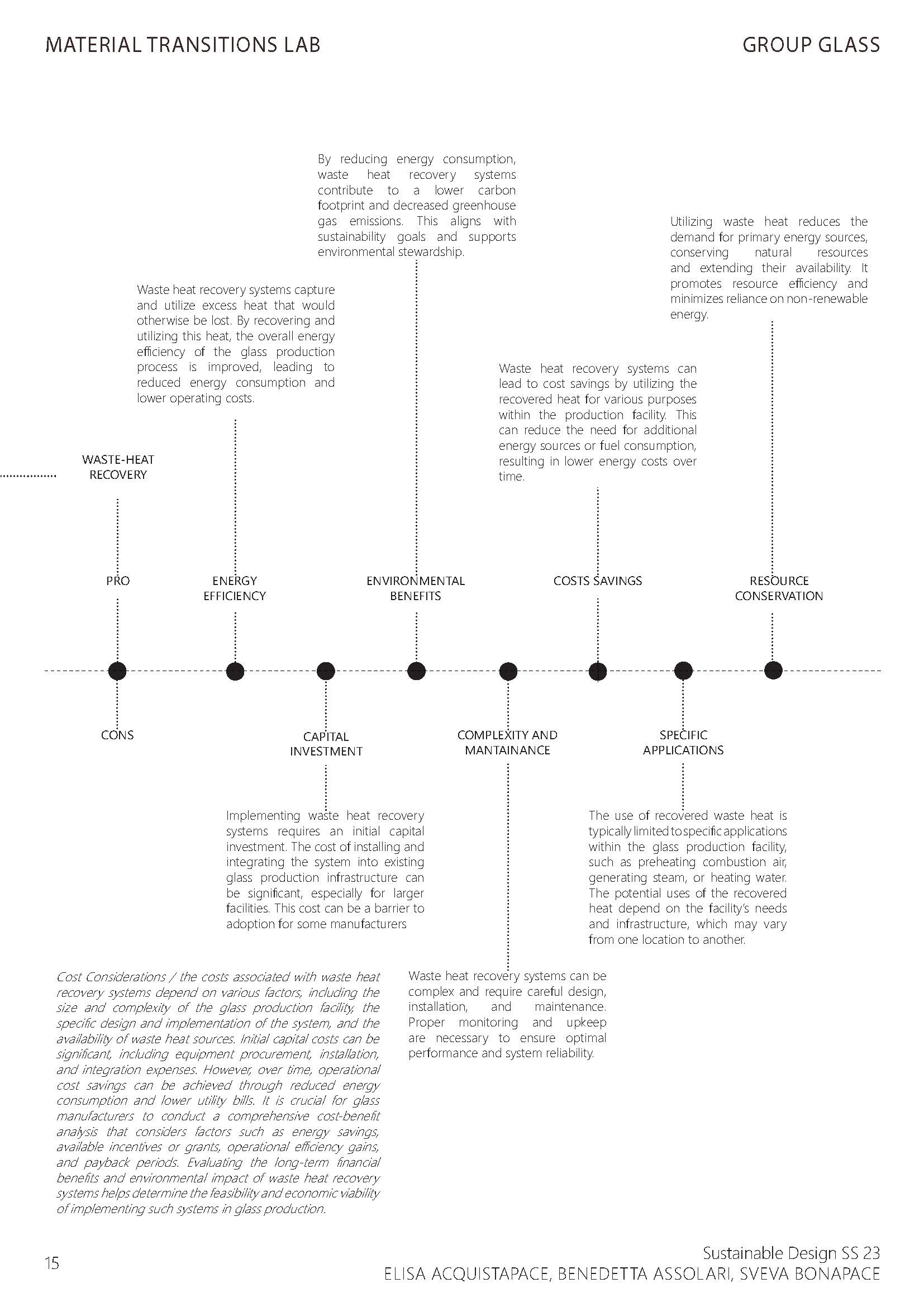
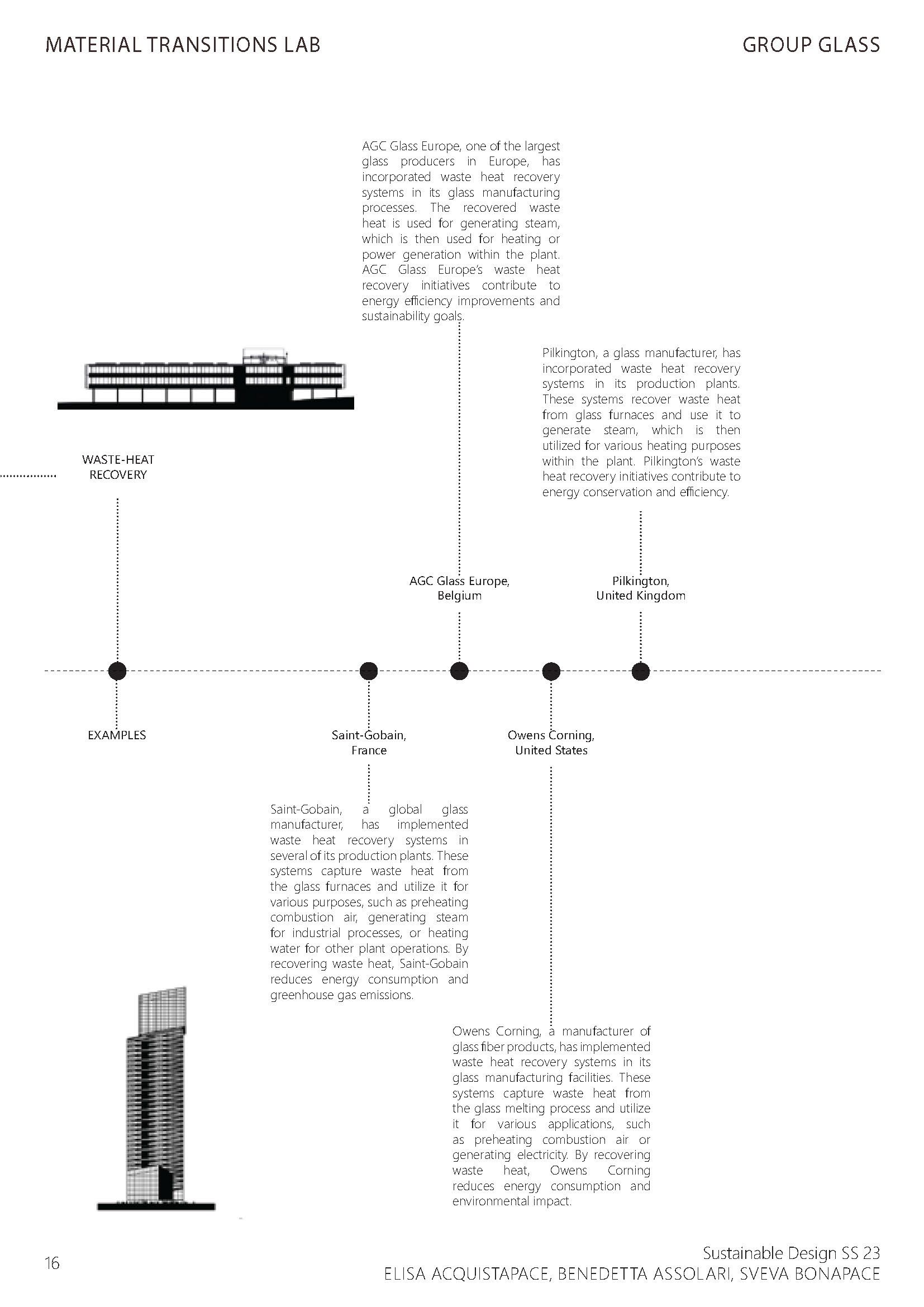
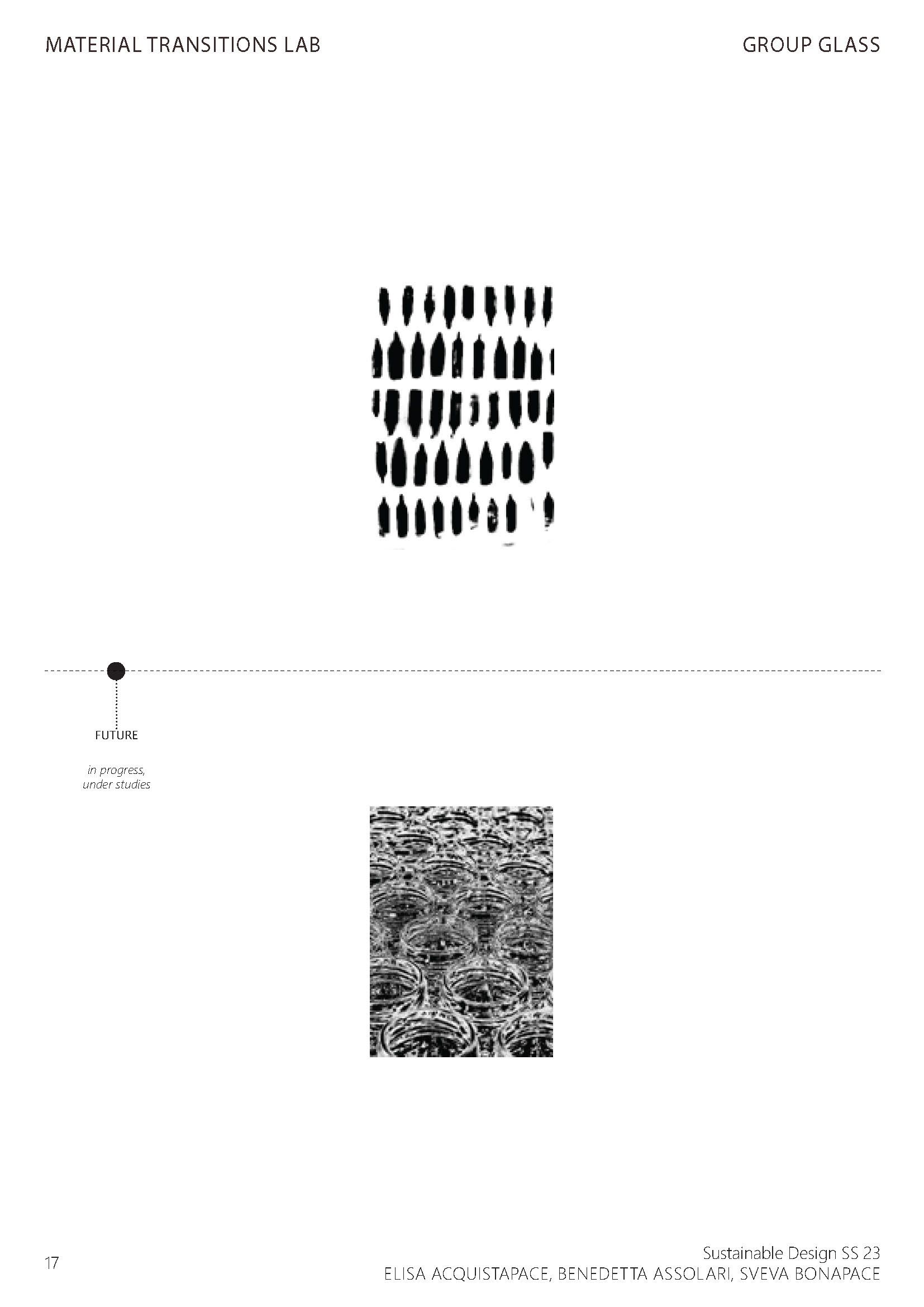
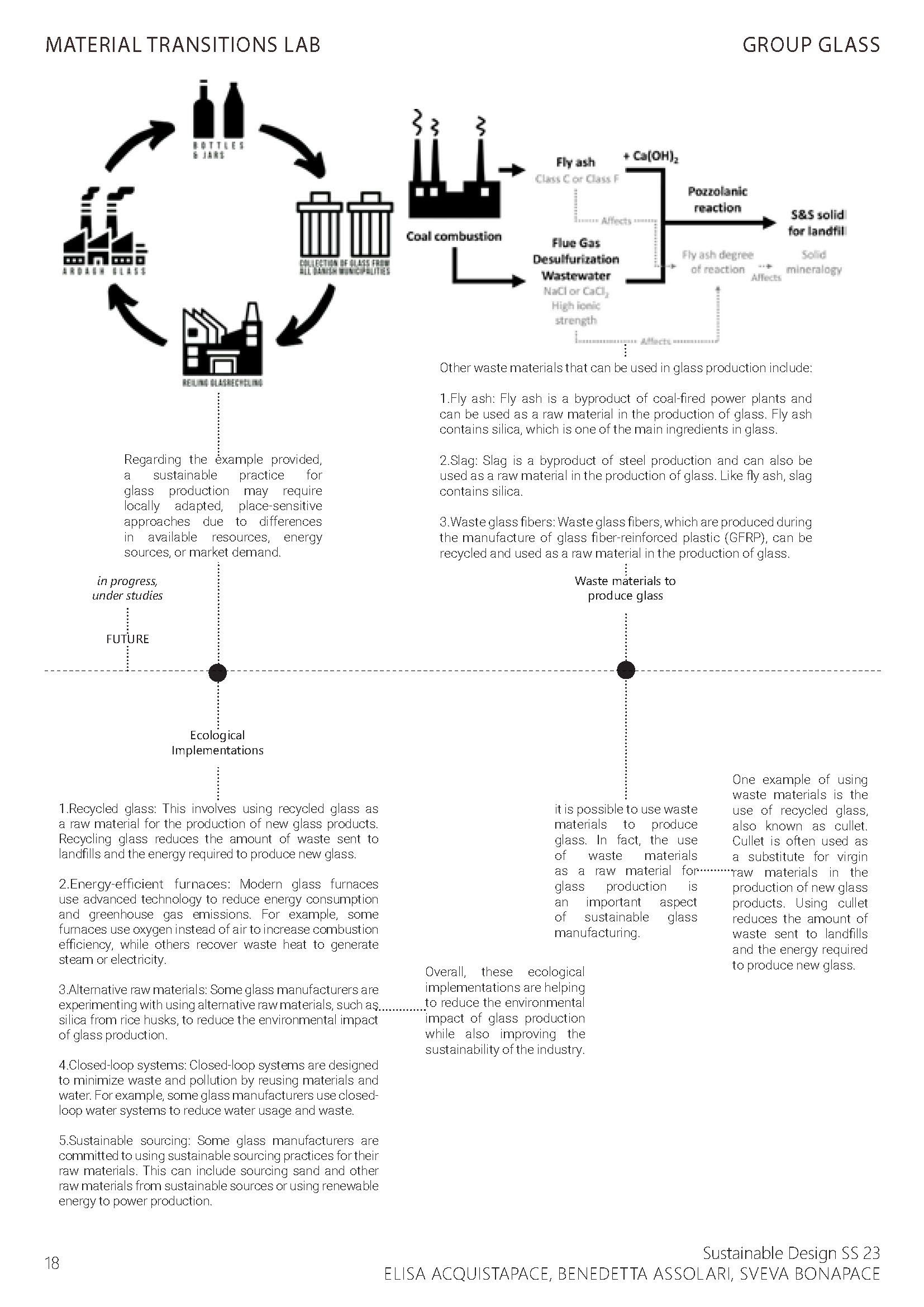
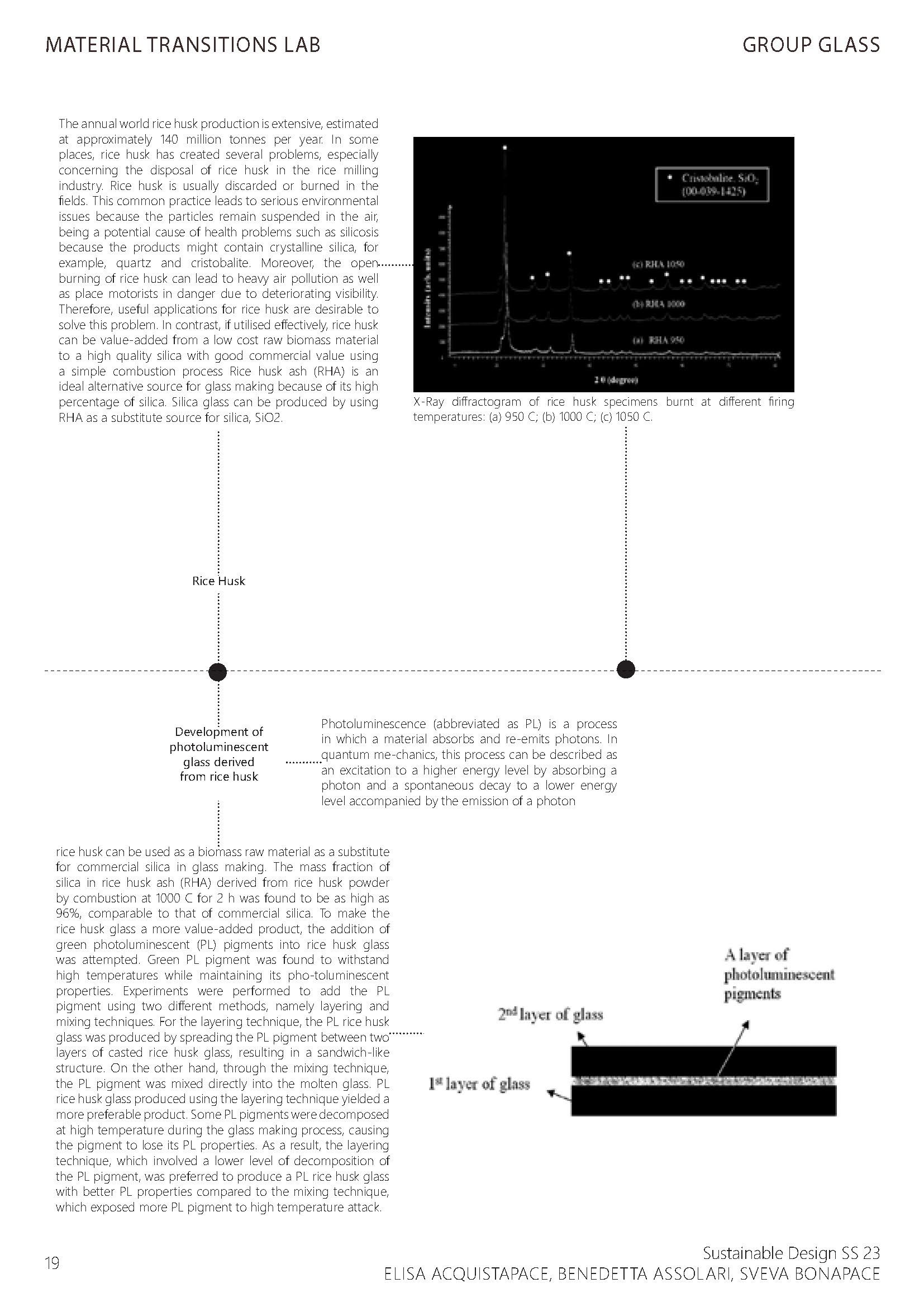
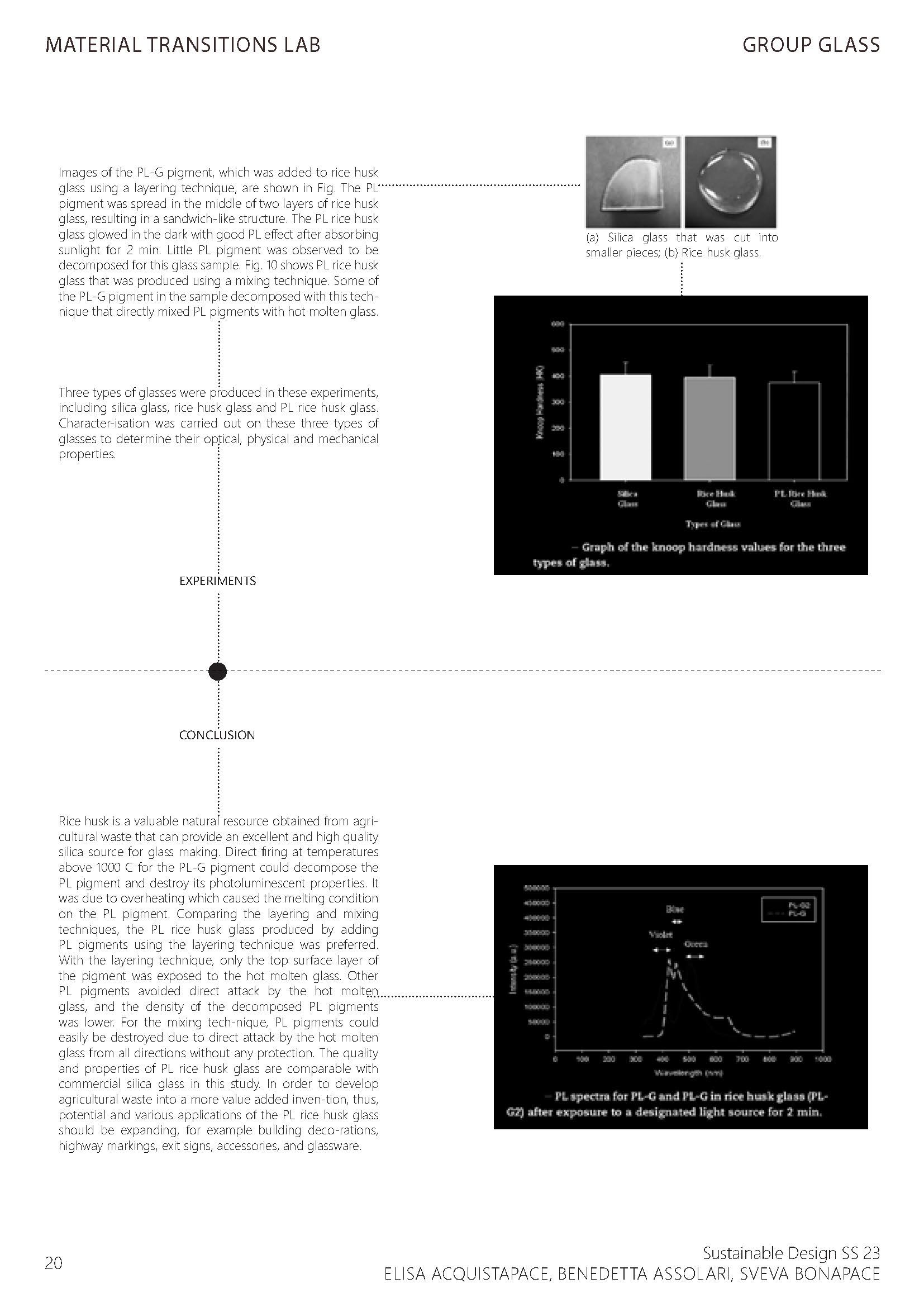
Group Members:
Sofia Basso
Nathalie Bettoni
Eliot Ferguen
Giulia Ricci
Stefania Archilli
Maria Vittoria Giani
Elisa Acquistapace
Benedetta Assolari
Sveva Bonapace